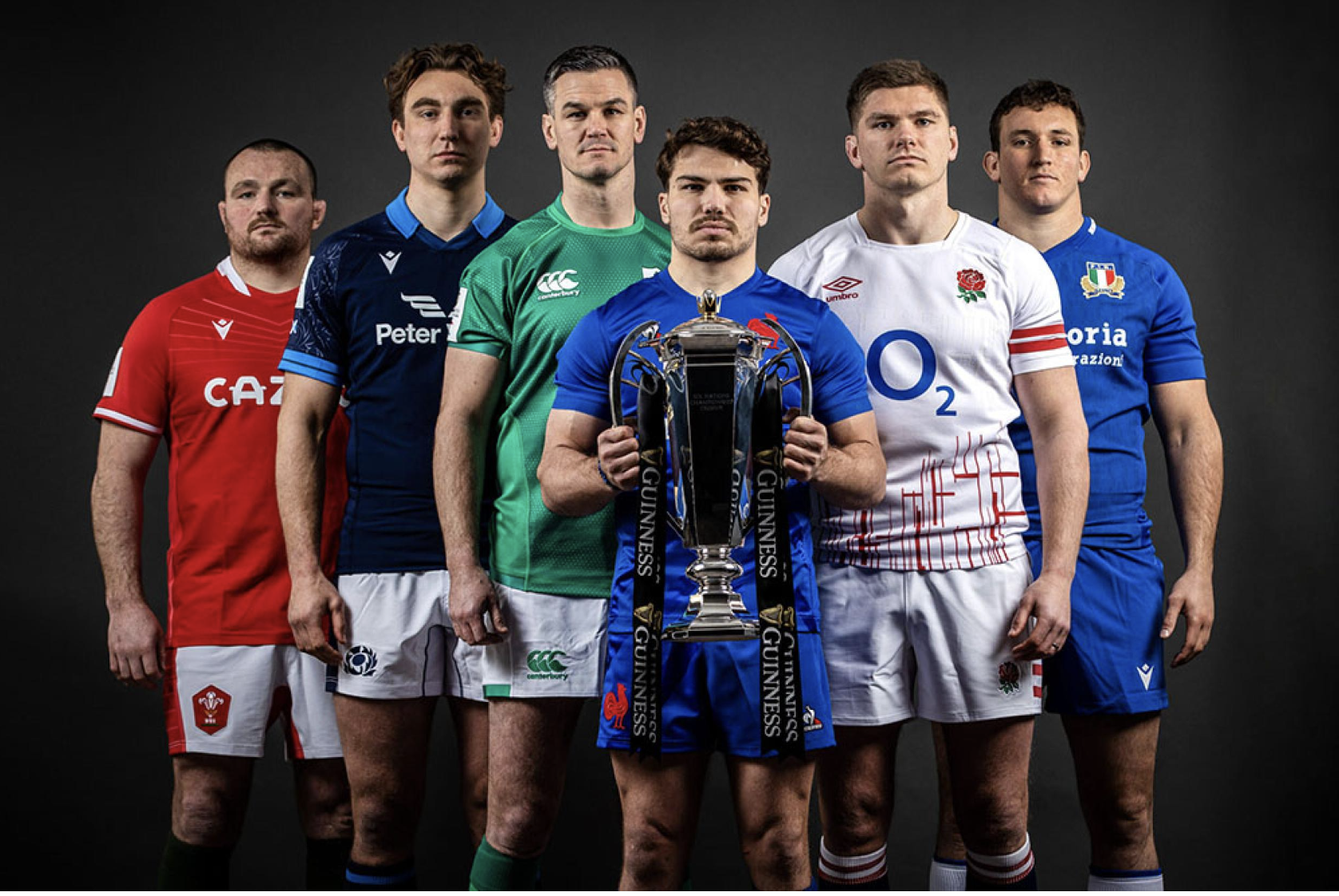Please find our opening Ask a Pro Blog with our very own rugby professional guru, Pale Nonu (professional rugby player for Rotherham Titans and brother of NZ All Black Ma’a Nonu). Please send your questions to info@findrugbynow.com with the subject “Ask Pale” to get all of your questions answered in next month’s blog.
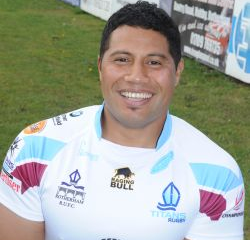
When I was a young boy in New Zealand rugby was everywhere – it was a part of every day life and it was (and remains today) most young boys’ dream to become an All Black.
My dad was a huge influence in terms of learning the game and always encouraged my brothers and me to play the game. His love of the game kind of rubbed off on us.
Growing up it was always my dream to be a professional rugby player and to be paid to do something I love. I feel lucky and very blessed to be doing this.
Time would be the main difference between playing at an amateur and a professional level. As an amateur or a player aspiring to become a professional rugby player, you have to balance your training and nutrition with your full time job as well as other commitments you may have, whereas a professional can concentrate fully on training, nutrition and the core skills of their position.
As with anything, the transition to becoming a professional did take time, however, I was lucky to have family and friends who were already professionals who I could get advice from and help with things like training, nutrition and any skill work I needed to improve on. [/faq
We train four days a week. Training is twice a day most weeks, depending on the match day. Most days training is around 4/5 hrs per day.
We have gym/conditioning sessions in the mornings which consists of weights and different types of running eg. track sprints, stadium runs, etc. Mondays and Tuesdays are the toughest days with Tuesdays being the worst, which is why we call them “Terrible Tuesdays”.
Afternoon sessions are mainly rugby sessions where we work on fundamental skills (catching, passing,kicking,), team patterns, back moves, drills to maintain and improve fundamental skill specific exercises for your position. We also do a lot of analysis on our own game from the previous week and also analysis on our upcoming opponents.
Mondays and Tuesdays are the toughest days with Tuesdays being the worst, which is why we call them “Terrible Tuesdays”.
I still love to play every week!! The thrill of running out in front of a big crowd and the feeling after a good hard game (winning game) is hard to beat!
When I first started playing I didn’t excel at rugby, to be truly honest. I was mainly there to catch up with friends and I enjoyed that part of the rugby. It took me a few years to understand the game, build confidence in myself and my abilities, and a whole lot of backyard training with my brothers.
I think it was pretty late when I started to believe that I could become a professional rugby player. I thought I was good at rugby but never really truly believed that I could do it professionally. I always had people believing I could do it but I guess I didn’t believe it myself. It was only after seeing my brother and friends make it that I gained the courage to try and push myself.
The main thing that I miss about amateur rugby is playing with the friends that I grew up with who still play for my local club back home, Oriental Rongotai, and playing with my brothers. I have a younger brother, Lima, who still plays there and obviously Ma’a who plays there when not on representative duties. Last time Ma’a was up this way he gave me an Ories jersey – its hanging in the wardrode ready for me to put on when I return, haha.
The friendships you make with your teammates are the same really – the banter and comraderie is the same. You’re going out to battle together, you spend most of your days training together, you travel away together, so you do develop that bond.
There is a lot more pressure as a professional in that the results are key. As an amateur your performance is not scrutinised as much, whereas being a pro means that come Monday your performance is analysed again on screen, where your can pause, slow motion, and highlight your performance. That’s serious pressure.
When I am home in Wellington, New Zealand, I get to every game. When away I keep up with club news and results every week and stay in touch with friends from home regularly.
Best moment as an amateur would have to be every game I played with my brothers for the Ories. Best moment as a professional is being able to do this for a living!!
PALE’S TOP RUGBY TIP OF THE MONTH
Write down your goals – both your long term and short term goals. This is something I should have started doing years ago!! This is how you can identify what you need to do to achieve these goals and get to where you want to be.








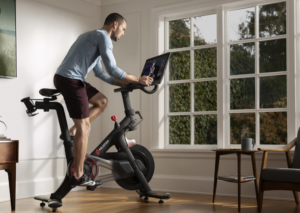 When most people hear the word “Peloton” they think of an expensive black bike with shiny red buttons and that controversial commercial where the husband gifted his wife a Peloton for Christmas.
When most people hear the word “Peloton” they think of an expensive black bike with shiny red buttons and that controversial commercial where the husband gifted his wife a Peloton for Christmas.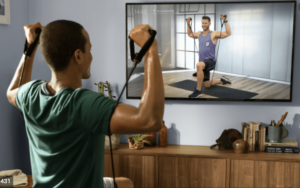 If the app interests you, Peloton is currently offering a 30 day FREE TRIAL, so why not give it a try? Check it out
If the app interests you, Peloton is currently offering a 30 day FREE TRIAL, so why not give it a try? Check it out 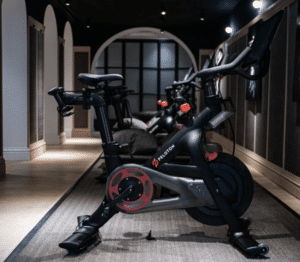
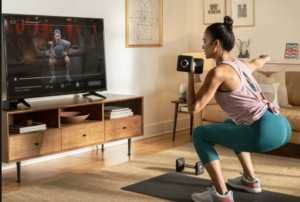
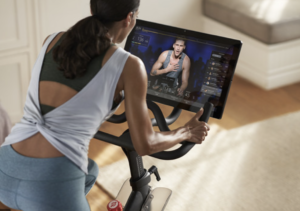 This article would not be complete, however, if we did not acknowledge some of the delivery issues that have been plaguing Peloton over the last year. Most of the delivery issues seem to affect U.S. deliveries, however, the UK deliveries have been affected as well.
This article would not be complete, however, if we did not acknowledge some of the delivery issues that have been plaguing Peloton over the last year. Most of the delivery issues seem to affect U.S. deliveries, however, the UK deliveries have been affected as well.







